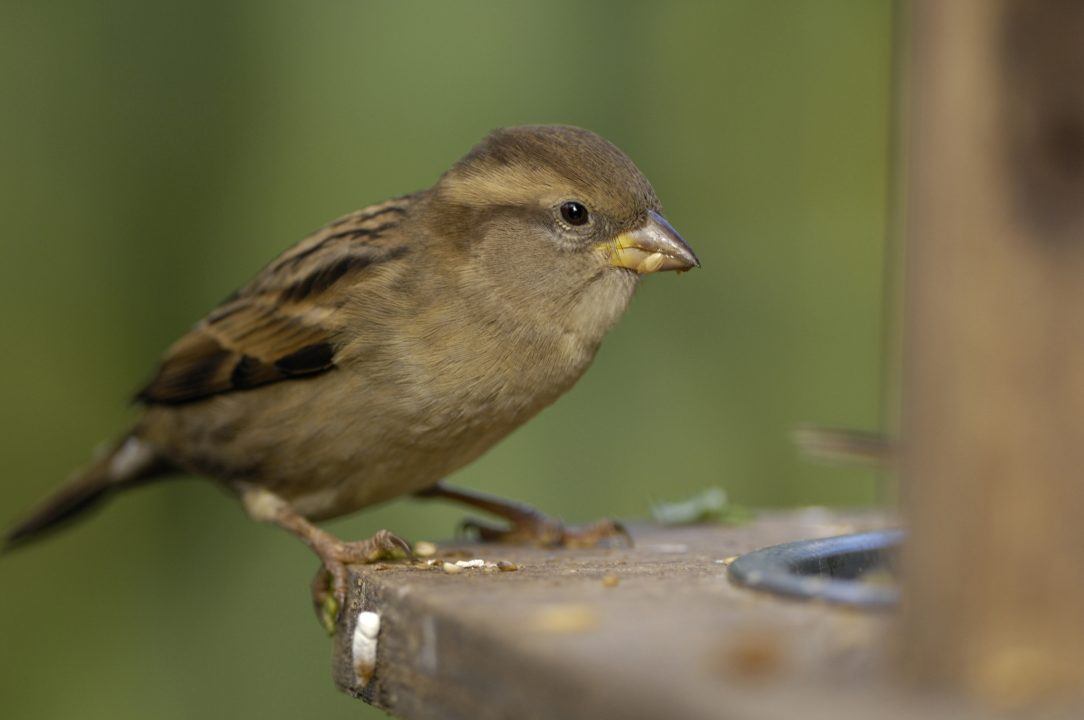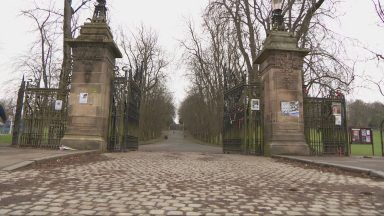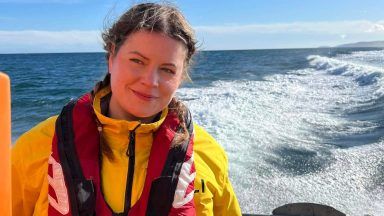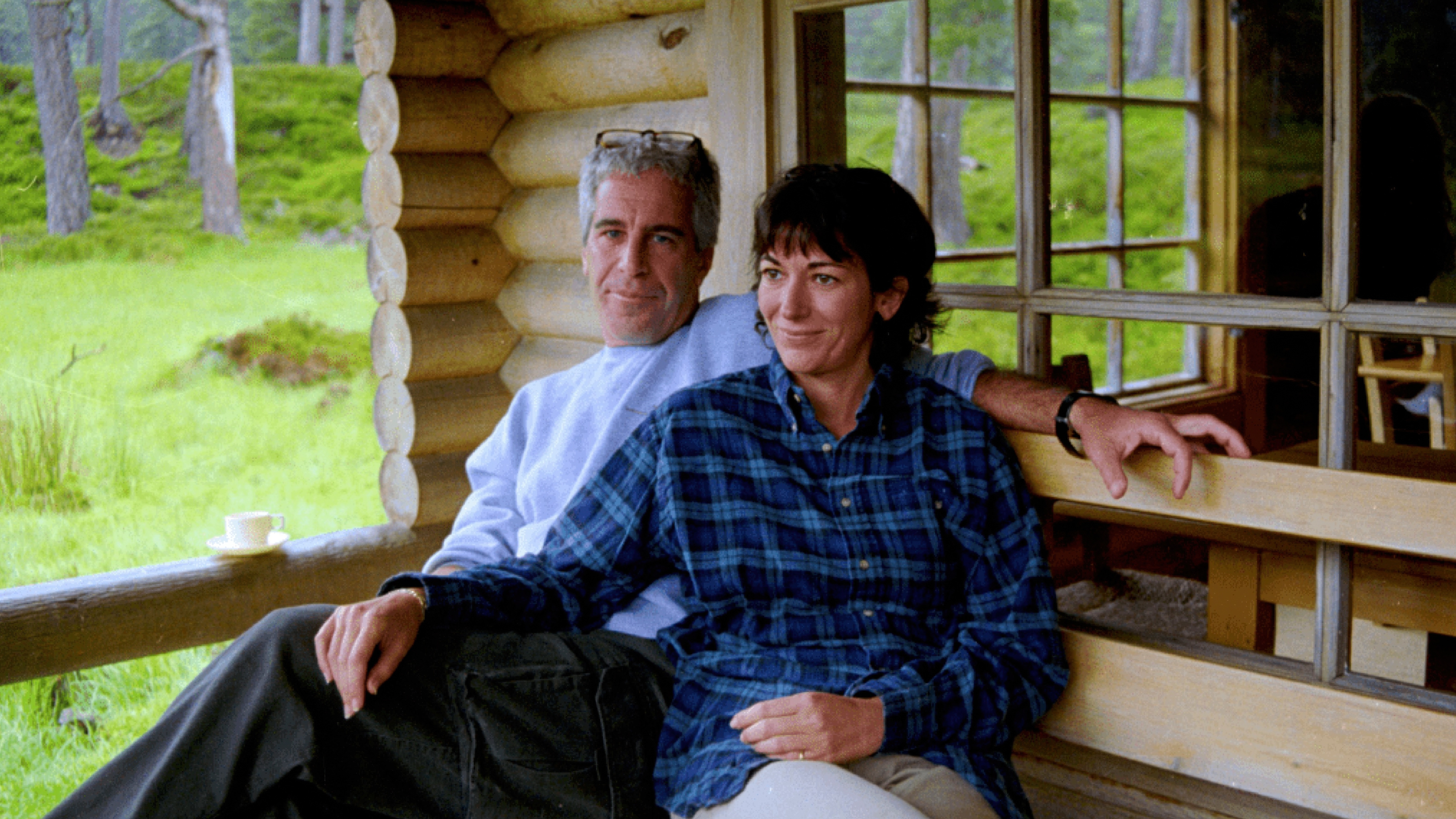The results from the RSPB Big Garden Birdwatch have been revealed for 2024.
The charity has announced that house sparrows have held on to the top spot in Scotland for another year, with starlings riding high at number two again and blue tits coming in at number three.
Chaffinches and blackbirds make up the remainder of the top five most recorded species.
Over 40,000 people in Scotland joined in the world’s largest garden wildlife survey counting more than 800,000 birds of nearly 50 species.
There were over 600,000 participants across the UK as a whole, counting a grand total of 9.5 million birds.
Gardens are an increasingly important habitat for many species. Covering an estimated 4,330 square kilometres across the UK, they are often overlooked when it comes to providing homes for nature.
However, not only are gardens potential habitats in their own right, but they can also create vital wildlife corridors by connecting up larger greenspaces.
Director of RSPB Scotland Anne McCall said: “Last year’s State of Nature report laid out the major challenges facing nature in Scotland.
“There’s been no let-up in the decline of our wildlife over recent decades, with one in nine wildlife species at risk of being lost from Scotland. However, our gardens and community green spaces can make a positive difference to the ongoing nature crisis.
“They can give a crucial lifeline for struggling species by providing patchwork of potential homes for nature across the country.”
Big Garden Birdwatch is the world’s largest garden wildlife survey and gives the RSPB insights into how some of our most common garden birds are faring.

The starling provides the perfect example.
These colourful, characterful birds can be found across the UK and their numbers increase dramatically during the winter months when birds arrive from northern Europe, just in time for Big Garden Birdwatch.
But despite coming in at number two in Scotland in this year’s survey, this species is on the UK Red List of most threatened species due to a sharp decline in its breeding population since the 1960s.
Gardens remain an important refuge for this species and even small actions can benefit birds like Starlings as well as a wealth of other garden wildlife.
In 2020 alone over 1.7 million people sought advice from the RSPB website on how to make their garden more wildlife friendly.
To help, the RSPB has designed a series of actions to inspire and advise everyone on how to turn their outdoor spaces into havens for wildlife – whether it be a garden, balcony, yard, or community green space.
Ms McCall said: “To halt nature’s decline and turn round its current downward trajectory, we need to help it return across the country and make it a natural feature of everyday life. Our fields, farms, and towns need help to let nature back in – our gardens and community greenspaces provide the perfect place for us as individuals to start.
“Providing food, shelter and water for wildlife, not using chemicals and not using peat-based compost – what we do in our own backyard can make a huge difference. All of us making small changes can effect huge change.”
To turn your garden or local green space into a haven for wildlife, go to: www.rspb.org.uk/get-involved/activities/nature-on-your-doorstep
Follow STV News on WhatsApp
Scan the QR code on your mobile device for all the latest news from around the country



























